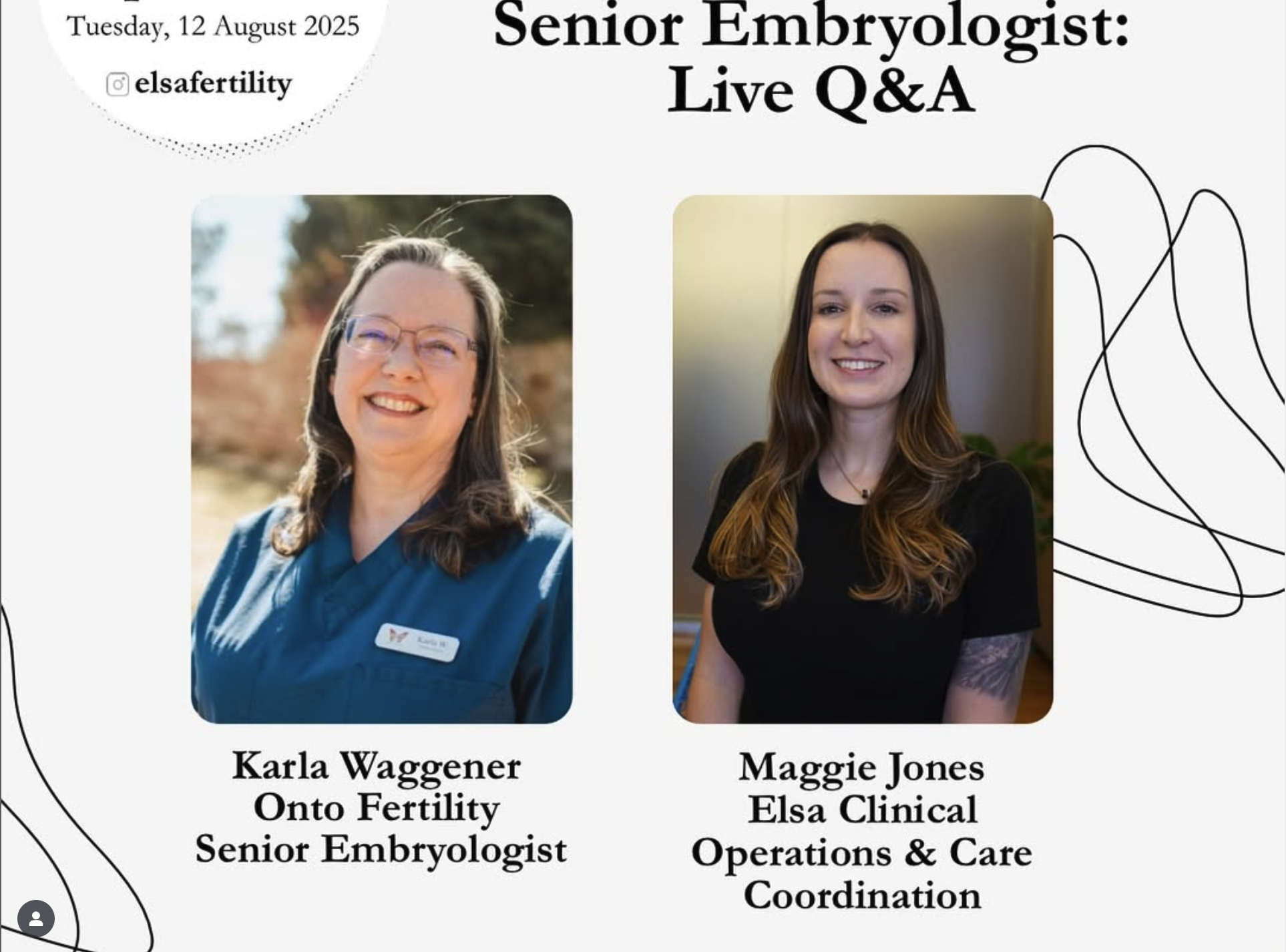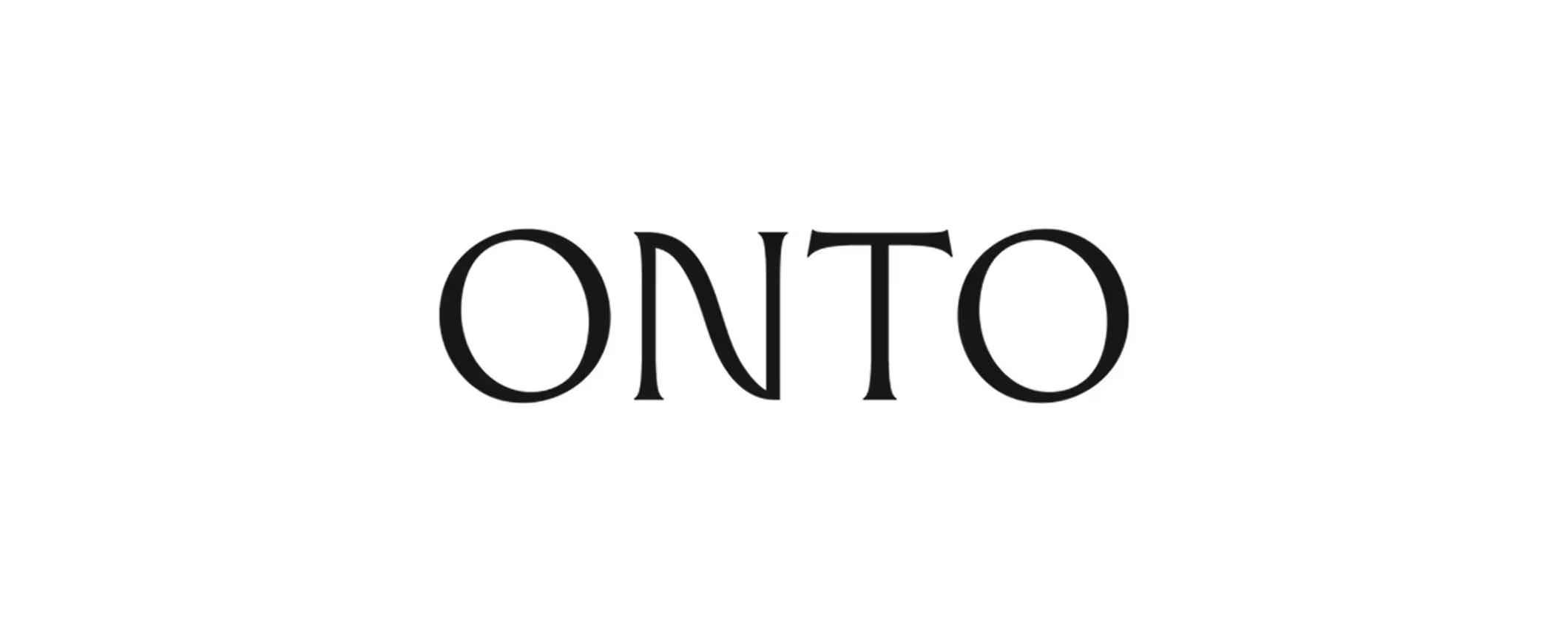Will Freezing My Eggs Cause Early Menopause or Decrease Egg Supply?

If you're considering egg or embryo freezing, you might have concerns about how the process could impact your long-term fertility. One of the most common questions is whether egg retrieval might lead to early menopause or significantly reduce the number of eggs available for future natural pregnancies. This concern is completely valid, and it’s important to explore it using clear, evidence-based information.
What Is Egg Freezing?
Egg freezing, or oocyte cryopreservation, is a process in which eggs are retrieved from the ovaries, frozen, and stored for future use. It’s often chosen by individuals who aren’t ready to start a family but want to preserve their fertility — whether for personal, medical, or other reasons. Embryo freezing, which involves fertilizing the eggs before freezing, is another option for those planning to use them later for in vitro fertilization (IVF).
Will Egg Retrieval Affect Egg Supply?
It's important to understand that egg retrieval collects only a small portion of the total egg reserve. People with ovaries are born with all the eggs they'll ever have, and this number naturally declines over time. By the late 30s and 40s, both the quantity and quality of remaining eggs tend to be lower.
During an egg retrieval cycle, hormone medications are used to stimulate the ovaries to produce multiple mature eggs. While it may seem like this could reduce the overall supply, the eggs retrieved are typically ones that would have been lost in the natural menstrual cycle anyway. The body continues to function as usual after the procedure, and even after several rounds of egg freezing, there remains a reserve of eggs in the ovaries.
Research shows that egg retrieval does not deplete the egg supply to the point that it would significantly affect the ability to conceive naturally later. In short, egg freezing involves collecting eggs that the body would otherwise not use, so its effect on long-term fertility is minimal.
Could Egg Freezing Lead to Early Menopause?
Early menopause, defined as menopause occurring before age 40, is not caused by egg freezing. Menopause happens when the ovaries stop releasing eggs and hormone levels change — a process that unfolds gradually over time.
Although egg retrieval involves temporarily stimulating the ovaries and increasing hormone levels, it does not speed up the onset of menopause. After the retrieval process, the ovaries continue functioning normally, and menstrual cycles resume as usual until natural menopause occurs.
That said, age does play a role in fertility. Egg quality and quantity decline over time, so freezing eggs at a younger age helps preserve higher-quality eggs and may provide more reproductive options later in life.
What Actually Affects the Timing of Menopause?
While egg freezing treatments are not anticipated to cause early menopause, several factors can influence when it happens:
- Genetics: Family history is one of the strongest indicators. If close relatives experienced early or late menopause, it may be similar for you.
- Medical Conditions: Conditions like autoimmune diseases, endometriosis, or chromosomal abnormalities (e.g., Turner syndrome) can impact ovarian function.
- Cancer Treatments: Chemotherapy and radiation — particularly in the pelvic area — can damage the ovaries and lead to early menopause.
- Smoking: Smoking has been linked to earlier menopause due to its toxic effects on ovarian tissue.
- Oophorectomy: The surgical removal of both ovaries causes immediate menopause, regardless of age.
- Body Mass Index (BMI): Estrogen is stored in fat tissue. Lower body fat may contribute to earlier menopause, while higher levels may slightly delay it.
Egg retrieval is not among the factors that cause early menopause.
What About Fertility Later in Life?
Freezing eggs gives individuals the option to try for a pregnancy later, even if natural fertility has declined. While no procedure can guarantee a future pregnancy, egg freezing offers a valuable opportunity to extend reproductive choices and build a family when the time is right.
Final Thoughts
Egg retrieval for freezing does not cause early menopause or drastically reduce the ability to conceive naturally. Still, it’s a good idea to consult a fertility specialist to discuss your specific situation. Egg freezing is a powerful tool for preserving reproductive options, and understanding how it works can empower you to make informed decisions about your future.
Articles Recommended for You
Modern, personalized, effortless
Join our mailing list to stay informed with the latest in fertility.




